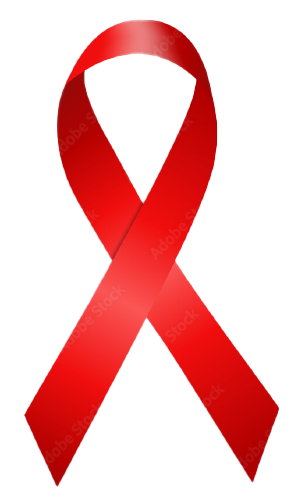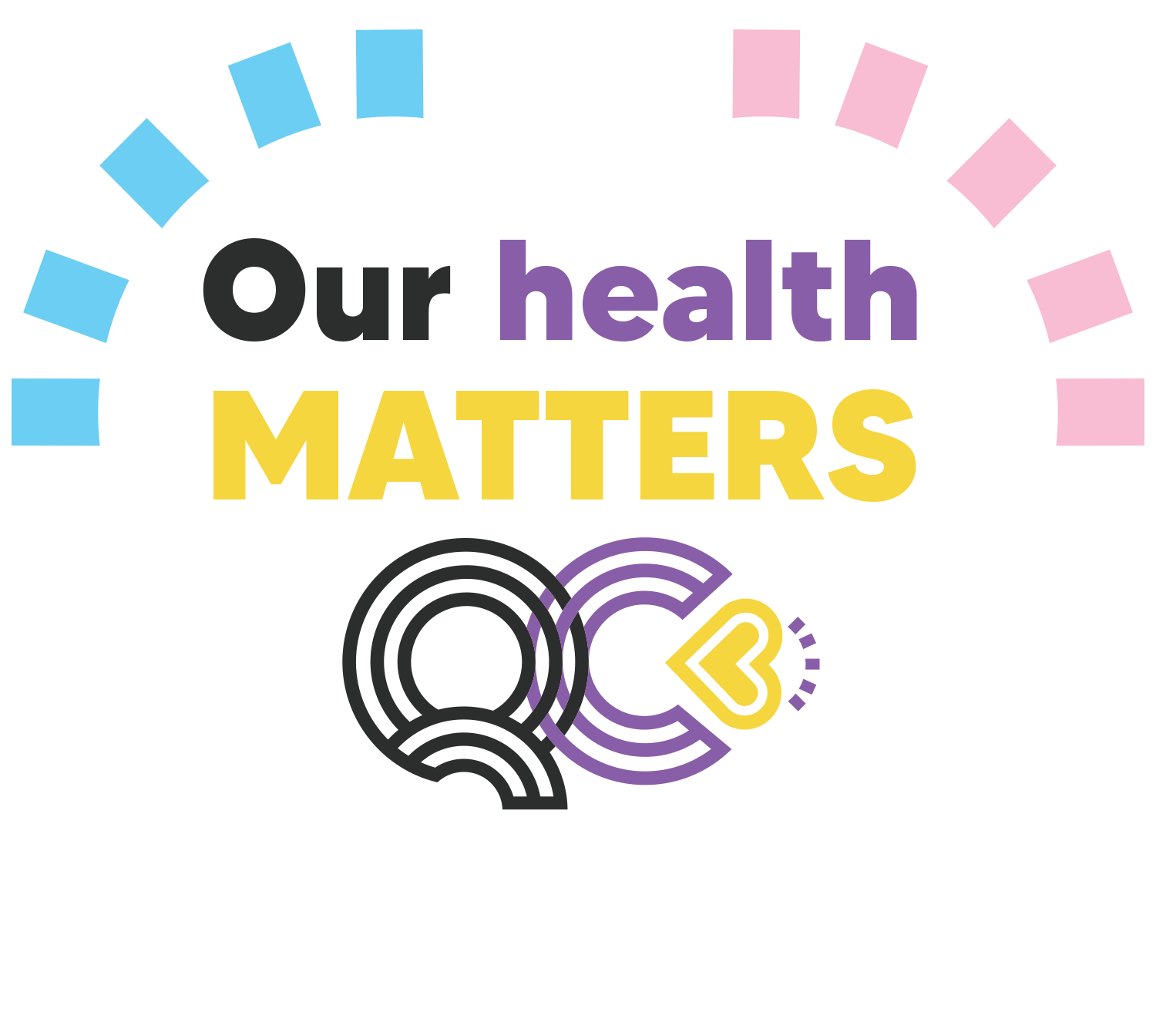
HIV
HIV (Human Immunodeficiency Virus) is the virus that can result in AIDS (Acquired Immune Deficiency Syndrome) if left untreated. Over time if left untreated, HIV can affect a person’s immune system which can leave the body less able to protect itself from disease. When the immune system has been badly damaged by HIV infection, people can get sick from related infections. At this stage, a person is said to have acquired AIDS.
We know that gay men are more likely to be diagnosed with HIV, of the newly reported diagnoses we see that most occur among gay men living in capital cities, Trans men can be part of the MSM population.
HIV may be transmitted when blood, semen or vaginal fluid from an infected person enters the body of an uninfected person. This can happen through:
• Unsafe sex - Anal, Vaginal, or very rarely Oral
• Sharing needles and other injecting equipment contaminated with blood
Parents (those who gave birth) who are HIV positive can transmit the virus to their babies:
• During pregnancy
• During birth
• When breast feeding
HIV may also be transmitted through donated blood and blood products. The risk of getting HIV from these products is extremely low as all blood organs, tissues and semen donated in Australia are screened for HIV.
Most people with HIV look and feel well for many years and many may not even know they are infected. A blood test is needed to detect HIV infection. If you find out you have HIV, anyone that you have had unsafe anal or vaginal sex with should also be encouraged to have a test. If you feel uncomfortable about telling your current or ex-partners, a member of your health care team can assist in contacting them for you. Your name is not mentioned to ensure it is a confidential process. It is very important for your partner’s health and the health of other people with whom they have had sex with that this contact tracing occur.
** If you think that you and/or your partner have been at risk of infection, that you have a blood test through a local doctor or sexual health clinic. You have the right to a confidential coded test. **
Currently there is no vaccine to prevent HIV infection.
There are a few options other than safe sex using condoms, gloves and dental dams when having sex to reduce your risk. Those will be listed separately within this guide. Using a water- based lubricant with condoms, gloves or dental dams is recommended to reduce risk of breakage. Oral sex has a very low risk for transmission of HIV.
HIV can also be transmitted through the sharing or reuse of blood contaminated equipment used for injecting drugs. It is important that needles, syringes and other injecting or piercing equipment are never shared between people. It can take six to 12 weeks after someone is infected with HIV before HIV is able to be detected in the blood through a blood test. This is called the “window period”. During this time, always practice safe sex. Do not donate blood during this time.
** It is important to consider the impact a positive result may have on you or your partner and what support mechanisms you might need. Testing at a health service where support and treatment advice is readily available is the best and recommended testing option. **
Screening tests like the Rapid Test can be used outside the laboratory by trained health professionals with results available in 20 - 30 minutes. A reactive result on this test is not a diagnosis of HIV and the test result needs to be confirmed by a laboratory test. It is advisable for both you and any partners you may have to have regular sexual health check-ups.
Do not have sex if you or your sexual partner has a genital sore, ulcer or STI until it has been managed and treated. Untreated STI’s enable HIV to spread more easily from person to person.

Medical research has made great progress in reducing the impact of HIV infection on the immune system and managing other illnesses associated with HIV.
** Currently, while there remains no cure for HIV and AIDS, close adherence to a treatment regimen can usually allow HIV positive people to lead long and healthy lives. **
New forms of antiviral treatments to keep the virus from multiplying provide the immune system with relief from HIV infection and allow it to strengthen.
HIV positive people should consult an HIV specialist to ensure they have access to the latest treatment, management of any associated side effects and clinical advice.
Adherence to treatment is an essential part of managing HIV and your care team can assist you to ensure you follow your medication regimen correctly.

+
-
+
-
+
-

